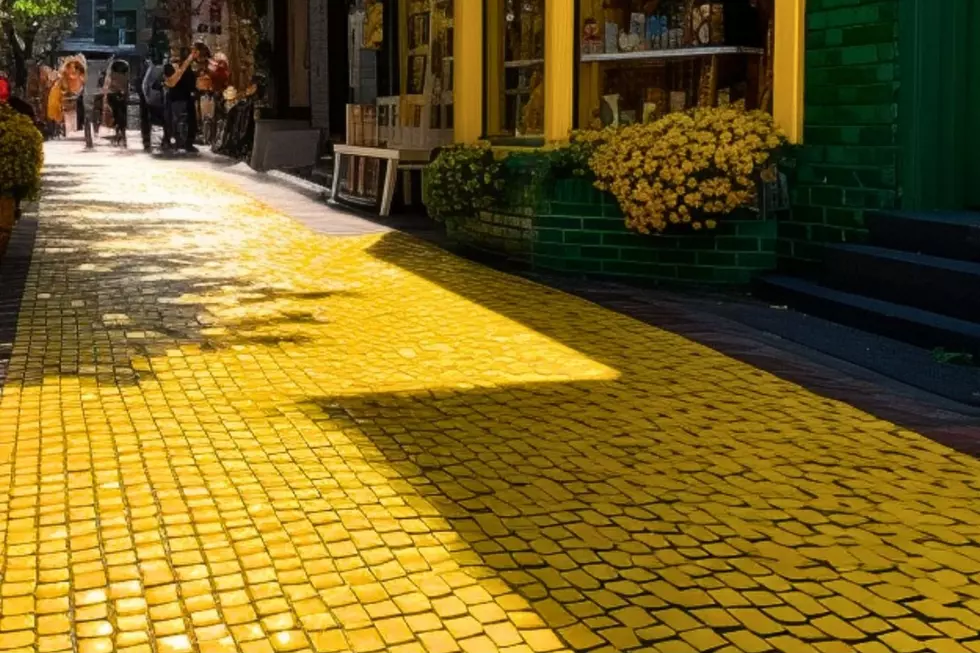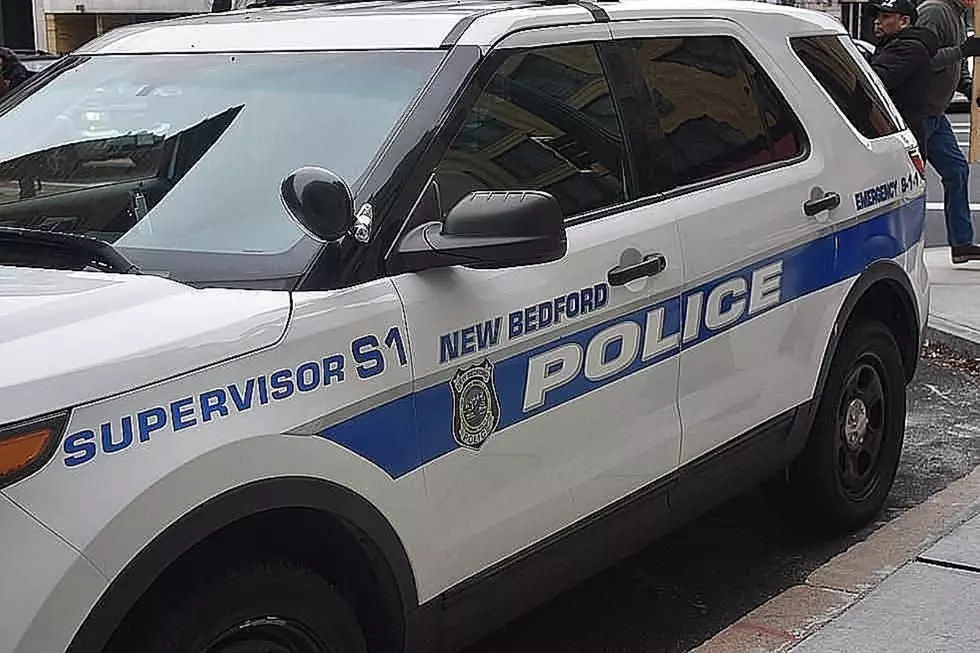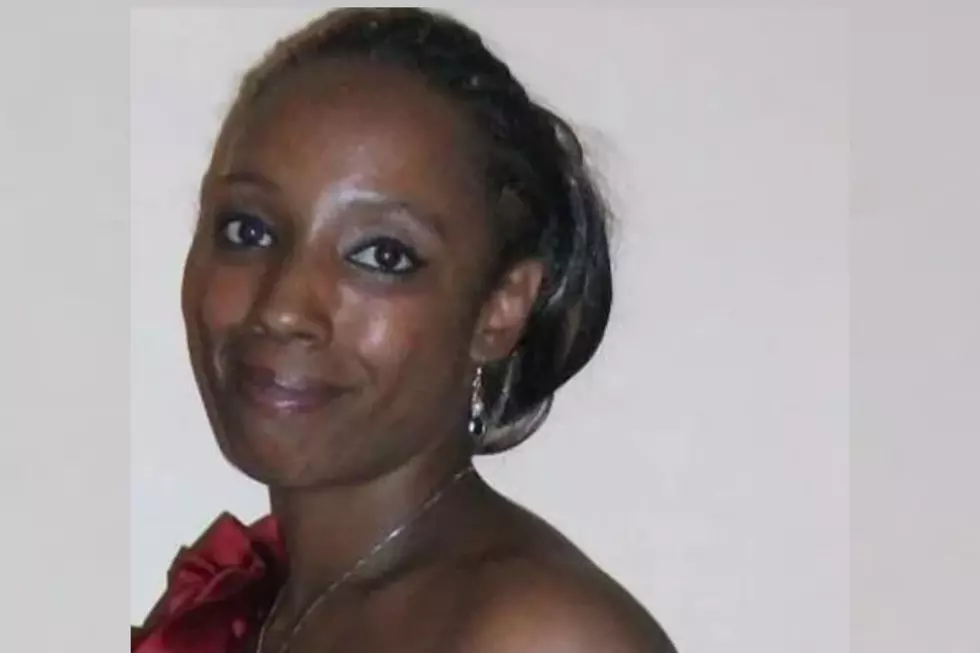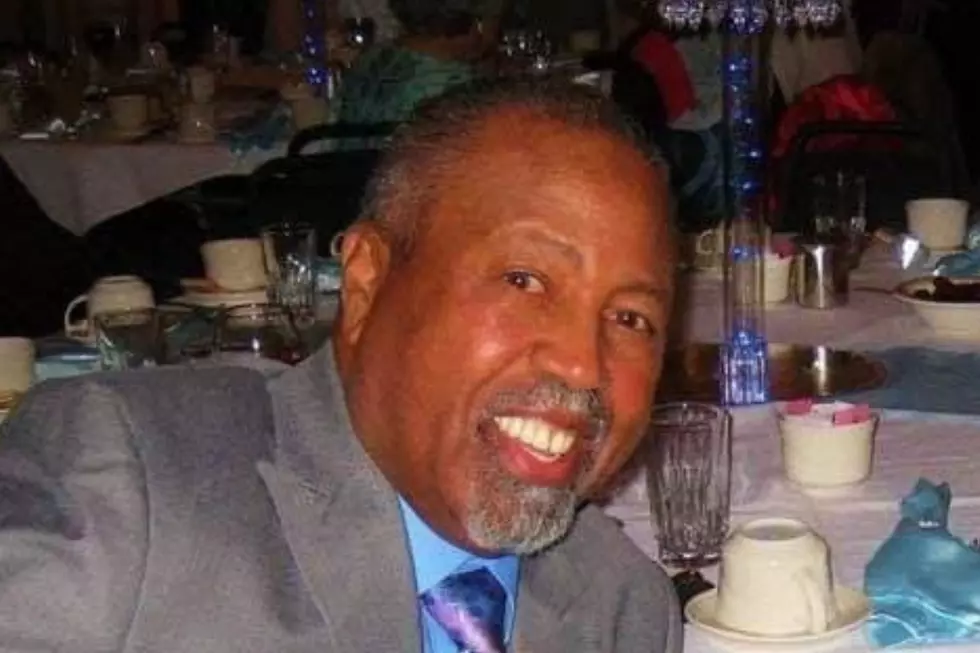![New Bedford Fire Death Revives Blackout Debate [OPINION]](https://townsquare.media/site/518/files/2019/11/DSC_0083.jpg?w=980&q=75)
New Bedford Fire Death Revives Blackout Debate [OPINION]
The debate over "blackouts" of fire apparatus as a cost-cutting measure has rekindled following a fire-related fatality on Myrtle Street over the weekend. The blackout policy leaves one fire department vehicle unstaffed for a shift on a rotating schedule to save money. The blackouts began under the former administration of Mayor Scott Lang.
The New Bedford Firefighters Local 841 says Engine 7, which is stationed at the Cottage Street fire station some seven blocks from the fire scene, was blacked out and not in service when the fire broke out at 141-143 Myrtle Street on Saturday. The union says blackouts "affect response times and firefighters available on the scene to perform firefighting tasks and or rescue, it also leaves less coverage dor the rest of the city during an incident."
The union says the first units to respond to the fire were from Station 2, which is located about a mile and a half away, and Station 8, which is more than a mile from the fire scene. Fire Chief Paul Coderre says it is too soon to determine whether the blackout delayed the response of the firefighters.
Coderre and Mayor Jon Mitchell defended the blackout policy following a fatal fire on Coffin Avenue in October saying the policy did not impact the response time for firefighters. The matter has been debated thoroughly over the years with both sides presenting studies to make their case.
In 2009, massive state budget cuts due to the national economic crisis decimated local aid to cities and towns across the Commonwealth. Fire and police departments were hardest hit with dozens of firefighters in New Bedford and Fall River laid off. Federal SAFER grants provided one-time funding to keep staffing levels from falling below safe levels.
The problem with using grant money for recurring expenses is that it creates a structural deficit. In other words, when the grant runs out the community must find a way to fund the positions or they are eliminated again.
Proposition 2½, which was enacted by the voters in 1980, sets a cap on the amount of property tax revenue a city or town can raise in a given fiscal year. Local governments must fund a whole of things including police and fire protection as well as education and all that goes with it. Keep in mind New Bedford just misses the state requirement for education spending.
Each year since I have owned a home in New Bedford, my property tax commitment has increased either through a higher tax rate or increased property values. I don't hear many clamoring to pay more in taxes or to override Prop 2½, so the options are limited.
Taxpayers are funding the purchase of two new fire apparatus and a new public safety complex is scheduled to open in 2020. Once it does, the administration says the blackouts will cease.
If anyone can present solid evidence that the blackouts are directly responsible for anyone's death, or perhaps come up with a solid suggestion for funding the cancelation of the blackouts at this time, I am happy to listen. Until then let's not politicize our current situation but rather find a way to make it work for us all.
Barry Richard is the host of The Barry Richard Show on 1420 WBSM New Bedford. He can be heard weekdays from noon to 3 p.m. Contact him at barry@wbsm.com and follow him on Twitter @BarryJRichard58. The opinions expressed in this commentary are solely those of the author.

More From WBSM-AM/AM 1420









